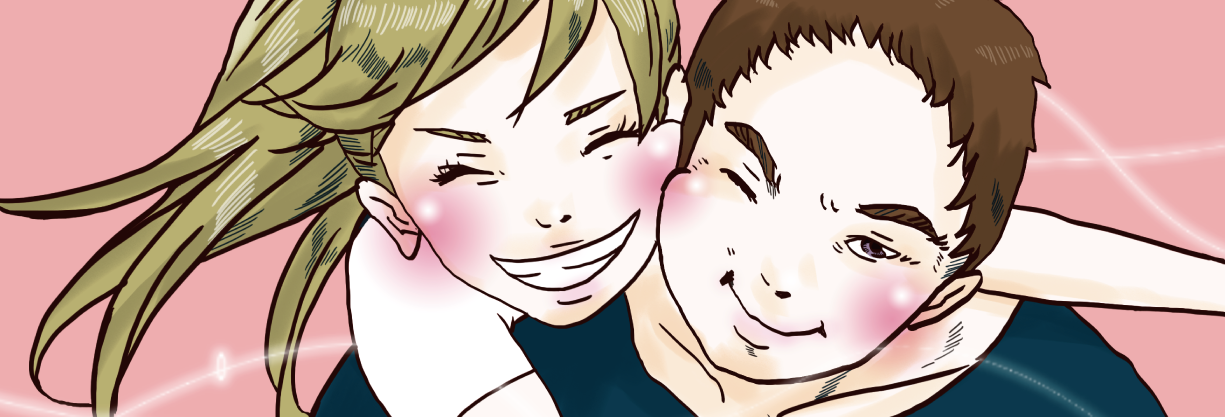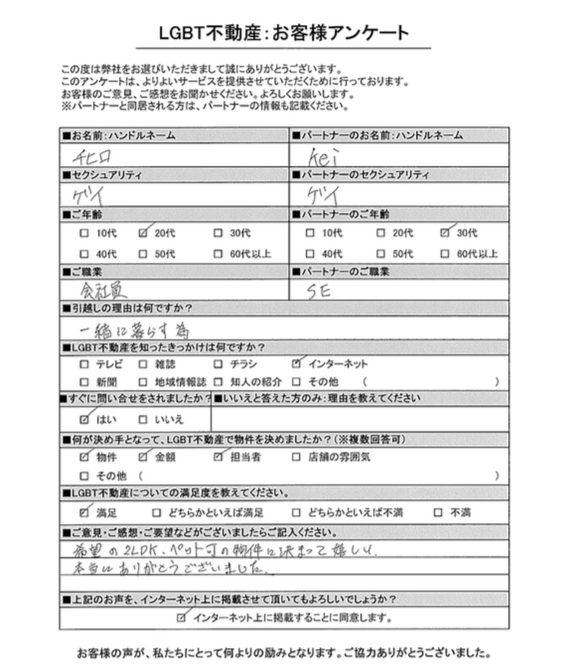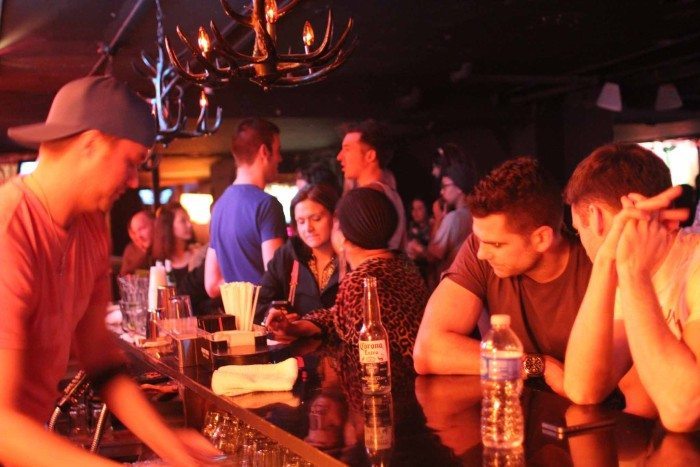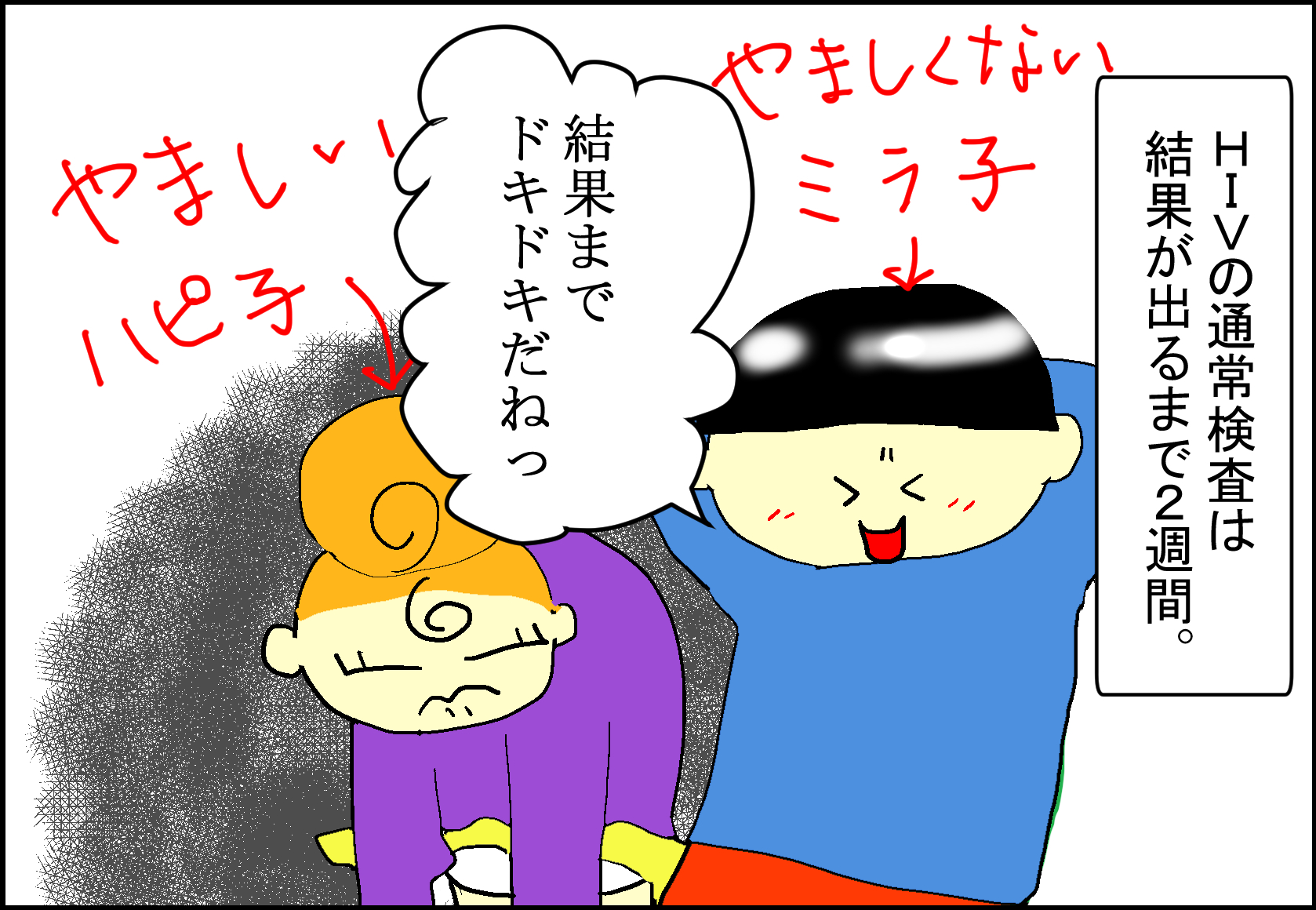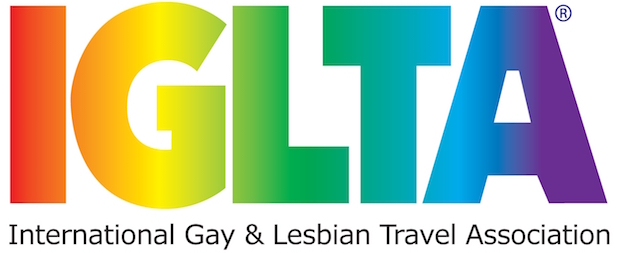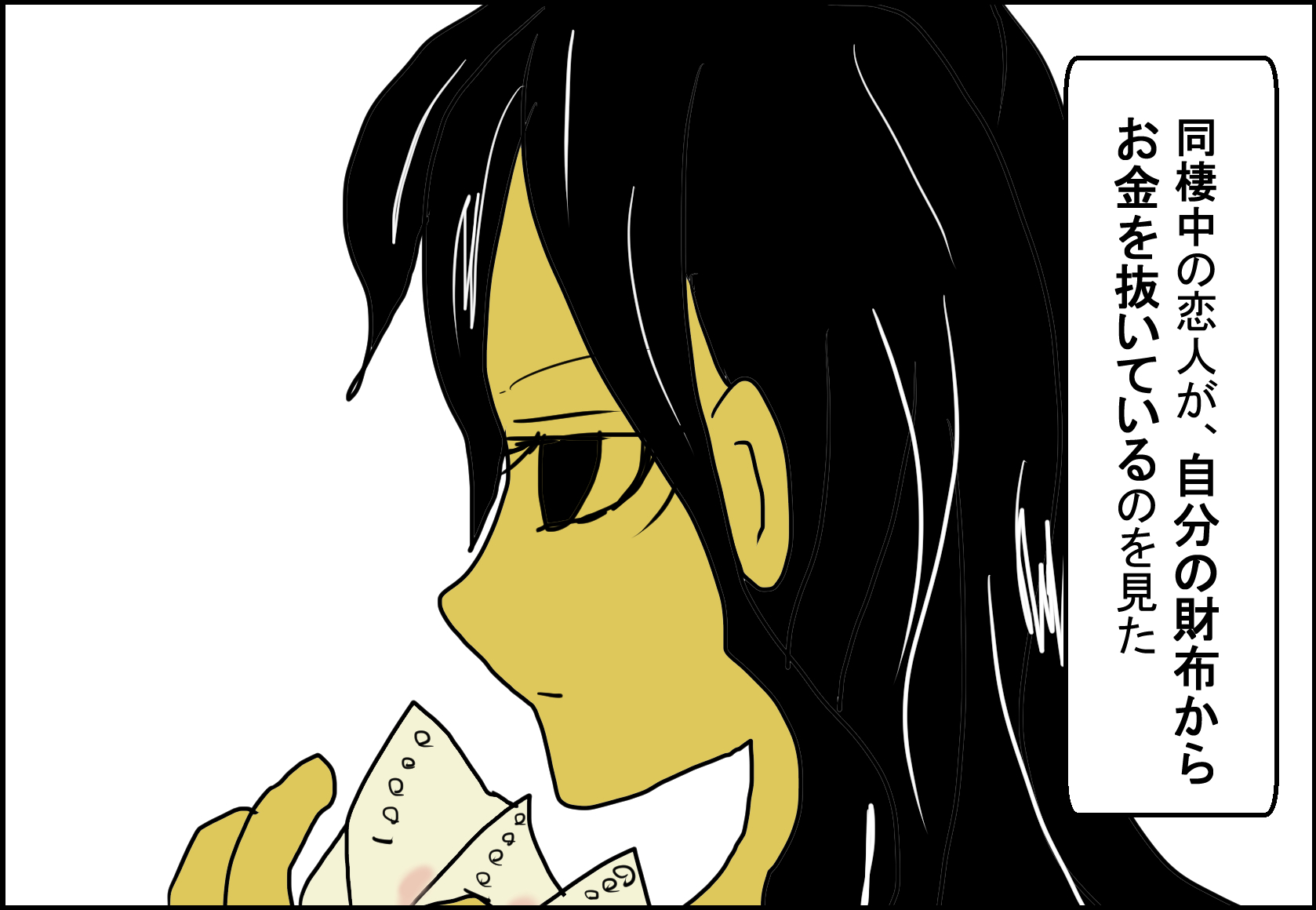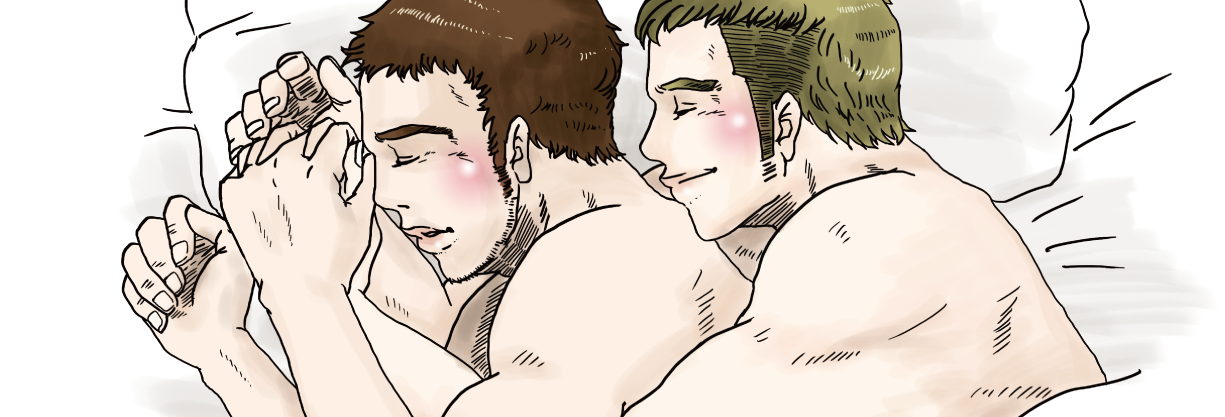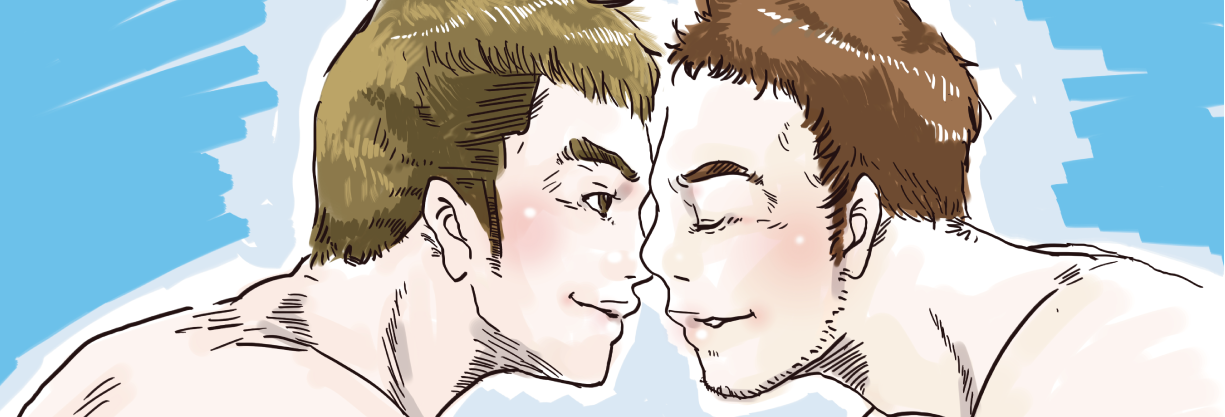Previous post: 3 to 6 months after I found out I was HIV positive in Japan
3 months to 6 months after I found out I’m positive
This is the sequel of a previous article and this time I’m writing about the problems I had with my friends and had getting legal documents related to my HIV.
Got a “disability card,” started counseling
It took me three months to get the physical disability certificate. With this, I can receive various medical treatments, but it is extremely hard to understand how it works. To be honest, I still can’t understand the system well, even one year into this situation. If you’ve just found out that you have HIV, you probably won’t be able to understand any of it either since you’ll still be shocked about getting HIV. That’s why there are social workers–to help you figure out which medical treatment you should pursue, and you can also talk about your feelings.
Most of the time, a doctor tells you to consult with a social worker and you should definitely follow that advice. Even if you don’t understand the system, social workers will tell you what you need to prepare, where you have to go, etc. Take advantage of these pros. When I talked to them, they were so caring and kind–probably because they know how hard it can be to be HIV+.

img via:国立国際医療研究センター – 抗HIV薬一覧
Started taking HIV meds
There are so many types of HIV meds; you’ll need to consult with a pharmacist or a doctor to decide which pills, based on your condition. I chose Stribild, since with Stribild I only have to take one pill a day. This is known as the latest HIV medicine, similar to other famous medicines like Truvada. Because it is new, the side effects are not fully known–actually, like many other pills too, since we cannot wait for new medicines to be developed. I take Stribild every morning after breakfast. Sometimes, when I have stayed up all night, it is a bit painful to get up to take the pill, but other than that, I don’t mind it at all. Till now, I haven’t suffered from any side effect at all, sometimes I even feel like, “Do I really have to take this?”
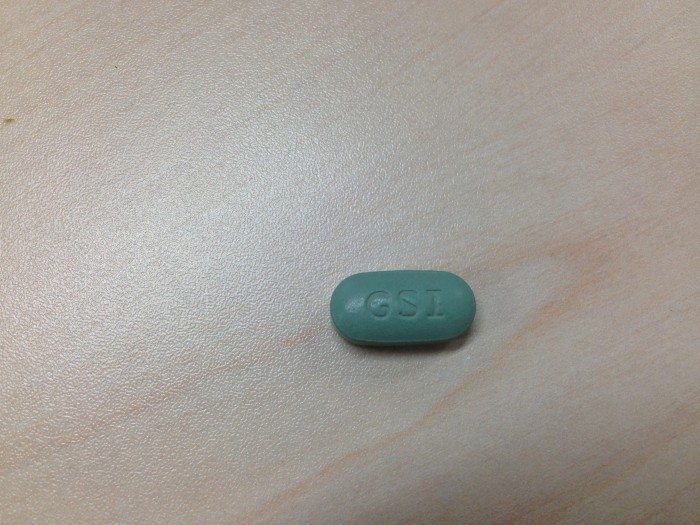
Stribild
About Stribild
Stribild helped raise my CD4 levels from under 200 to 400-500 (the effect may differ individual to individual). Until then, I had had constant diarrhea everyday, but when I started taking the meds that stopped completely too. As the HIV virus decreased dramatically, I started feeling good again. This is what I really, really want as many people as possible to know, by taking your medicine, the virus can be decreased to a level called “undetectable.” Being undetectable means that no HIV can be found in your blood.
HIV can be transmitted via sexual intercourse with people who aren’t taking any medicine or via mother-to-child, but how can you infect others when your HIV virus is undetectable? You probably need to share a needle or have sexual intercourse without using protection.
Discrimination against disabled people
I joined a non-profit program, group sessions for people who have contracted HIV+ within the last six months only– just because I hoped to cure my anxiety and solve my confusion. At that time, I was trying everything I could, even little things. I was desperate. I cannot write about what was talked in that session here because of the privacy rules. Five to six members met in each session, mostly gay guys, there were a few women as well. I saw many people with tired, red eyes, probably because they couldn’t sleep for days from the stress. There were people who suffered from mental issues like mine.
In the sessions, we introduced ourselves to each other and talked about how each had found out about our infection and how how we each felt. We really needed to share our feelings and feel sympathy from people in the same situation. It had been killing me to accept the reality of my situation. Even though I was able to get a lot of information about HIV from the internet and doctors, actually meeting people who were suffering the same problems made me feel so much better, made me feel less alone. Like, for example, talking to a person who had been living with HIV for decades, I began to feel like I didn’t have to be that pessimistic about it.
I remember clearly when one of the members said that they couldn’t accept the fact that they were now a “level five disabled person” and another member said they were totally fine with that label because being unable to accept it means you are prejudiced against or look down on other disabled people. To be honest, I thought that being labeled “disabled” was awful and, after I heard that comment, I was ashamed of myself for being so prejudiced. There are so many incredibly fantastic people I know who have handicaps. I made up my mind and now I feel no shame showing my disability certificate.
Second coming out, to my best friend
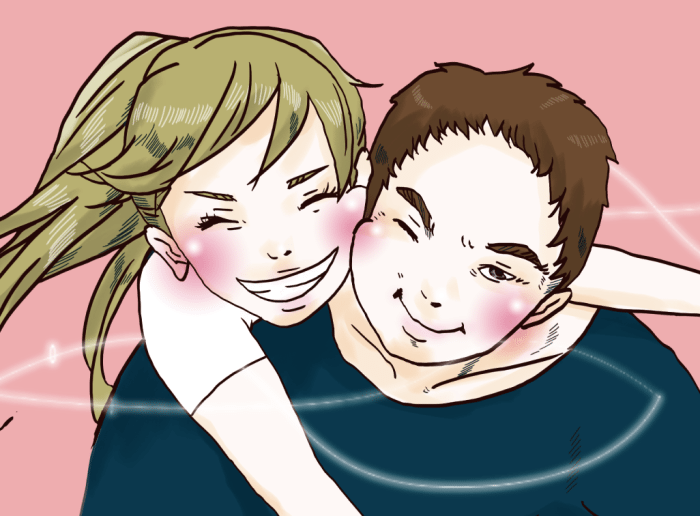
After I got myself together a little, I came out to my best friend as being HIV+. She was really precious to me and we had been always there for each other through the good and the bad.
We were eating hotpot that day and, after a few drinks, I said to her, “There is something that I want to tell you.” She asked, in a light tone, “What’s up?” “I found out that I am HIV+,” I said in a heavy one. “For real?” she asked. She was really surprised, with her eyes wide open. What she said next saved me from despair. “Just HIV huh? It’s all good as long as you take HIV medication. I studied about HIV in high school and even if you drink a full bucket of HIV+ person’s saliva, you cannot get infected. And there’s no problem as long as you take pills. Well, if there is some jerk who still discriminates against you, I’ll beat the shit out of him.”
Then she started eating hotpot again like nothing had happened.I had been really scared to find out how my friends would react, so I hadn’t expected her reaction. I said, “Yeah, then, it’s too hard, and I’m taking pills for a mental illness too.” She said, “No wonder! I would do the same if I were you. It takes a long time to accept something like that. Our life is really long. Taking that into account, sometimes we are going to have a mental breakdown! C’mon, we are best friends–I’ll always be there for ya.” What she said to me made me really, really happy. I cannot even describe it. Because she already had the right understanding of HIV, she knew it was nothing to worry about.
I could be sure that I wasn’t alone.
After that, I started telling other friends too, and they were all cool about it. Every one of them cared about my health, not about my HIV. If I had been told something harsh, something discriminatory by my friends, I cannot imagine how I would be living now.
Read more
Previous post: 3 to 6 months after I found out I was HIV positive in Japan
